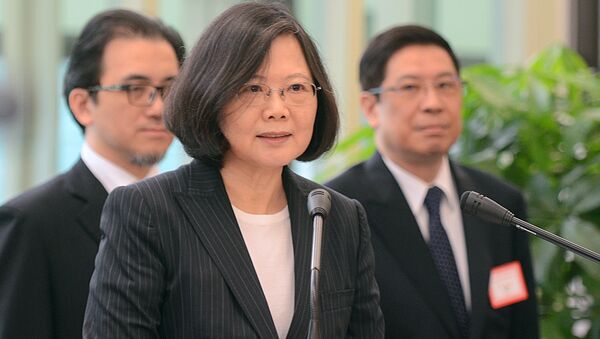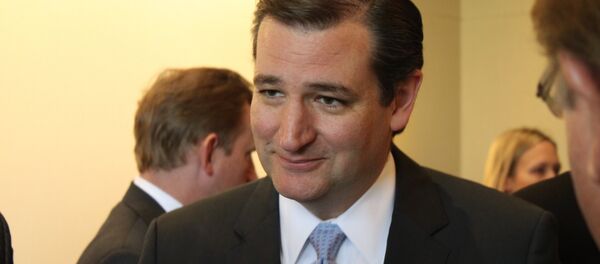"I want to highlight that we strongly condemn Taiwan's president participation in the meeting with US officials under the pretext of a transit stop and her bids to undermine US-China relations," Foreign Ministry spokesman Lu Kang said at a briefing.
The US-Chinese relations worsened in December 2016 after US President-elect Donald Trump had a phone call with Tsai. Trump became the first US president or president-elect to speak with a Taiwanese leader in an official capacity since the United States severed ties with the island nation in 1979 in favor of pursuing a one China policy with the government in Beijing.
On December 11, Trump said he would not be bound by the "One China" policy regarding relations with Taiwan. Later in the month, Trump said that he did not exclude the possibility of a meeting with Taiwan's President Tsai Ing-wen, who was going to pay a working visit to the Latin American countries in January with a stop in the United States.
After Chinese Nationalist forces were defeated by Mao Zedong’s Communists, the Nationalist government moved to Taiwan in 1949. Since then, Beijing has viewed the self-ruled, democratic island as a breakaway province. The United States, along with many other countries, does not recognize Taiwan as a sovereign nation and sticks officially to the "One China" position, but has kept informal relations with the island after severing diplomatic ties with it in 1979.


